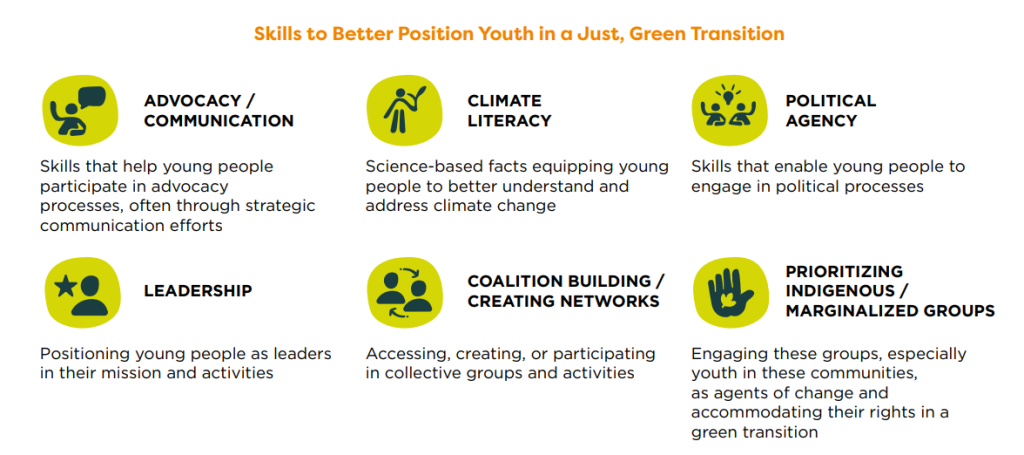According to National Youth Climate Change Survey (NYCC), released in the report Change for Climate by UNDP and UNICEF in 2020, nine in 10 youth in Malaysia have experienced environment and climate-related effects in the last three years.
92 per cent of young people think that climate change is a crisis.
The NYCC survey polled 1,393 respondents from youth and young people in Malaysia. The survey results formed the basis of recommendations highlighted in the Change for Climate report:
- Facilitate youth-led climate policies through regular consultations and meaningful participation in climate policy-making processes.
- Make climate action more accessible and inclusive by moving the conversation beyond urban centers to encourage youth from rural and lower-income families to participate.
- Offer platform, support, and recognise indigenous youth activists, community groups, and civil society organisations who are leading climate action initiatives.
As Sarawak is forging ahead with its green economy agenda to mitigate, it is absolutely necessary to include the Sarawakian youths in the transitions.

This is because, not only the younger generation is more vocal and aware of climate issues but they wish to contribute to the necessary transformation of the economies by moving towards green professions.
A global transition towards green economies can be defined as low carbon, resource efficient and socially inclusive – is widely recognised as essential to avoid catastrophic climate change and limit global warming to 1.5oC.
Climate change is affecting each and every one on earth, particularly the youths.
It has disproportionately affected the education, financial, job opportunities as well as the mental and physical health.
They can be engaged at various levels – advocacy, activism, research and analysis, and more so that they can build a stronger connection with the mission, understand the plight of the marginalised sections of the society and formulate an inclusive policy for climate action.

For instance, in entrepreneurship, youth across the globe are pushing for green innovations that can benefit the planet and the communities.
In Sarawak, one of the most predominant examples of green innovations are those that are used in the agriculture sector for smart farming.
Aside from that, the youths are also advocating for natural climate solutions, which are actions to protect, better manage and restorenature to reduce greenhouse gas emissions and store carbon.
Examples are ecotourism, green infrastructure, mangrove and coastal restoration, and carbon financing.
Hence, this leads to a better life quality and job opportunities to many youths in the green economy.
In Malaysia, the Green Jobs Portal is a measure taken by the Ministry of Environment and Water (KASA) to provide a platform for the green job market in Malaysia in supporting the growth of the local green industry.
It aims to achieve the target of providing more than 200,000 green jobs by 2030.

A green job is employment that contributes towards environmental protection and conservation in the traditional sectors such as manufacturing and construction or in the green sector that includes renewable energy and energy efficiency.
As of now, it was reported that the platform involved 400 registered green companies and 293 active job seekers.
With this being said, apart from the youths, there is also a need for policymakers and business leaders to support young people with an enabling environment.
This includes providing better access to capacity development programmes, and finance for start-ups that prioritize green initiatives and adapt green technologies to sustainably manage water, deploy renewable energy, and scale up smart agriculture initiatives.





